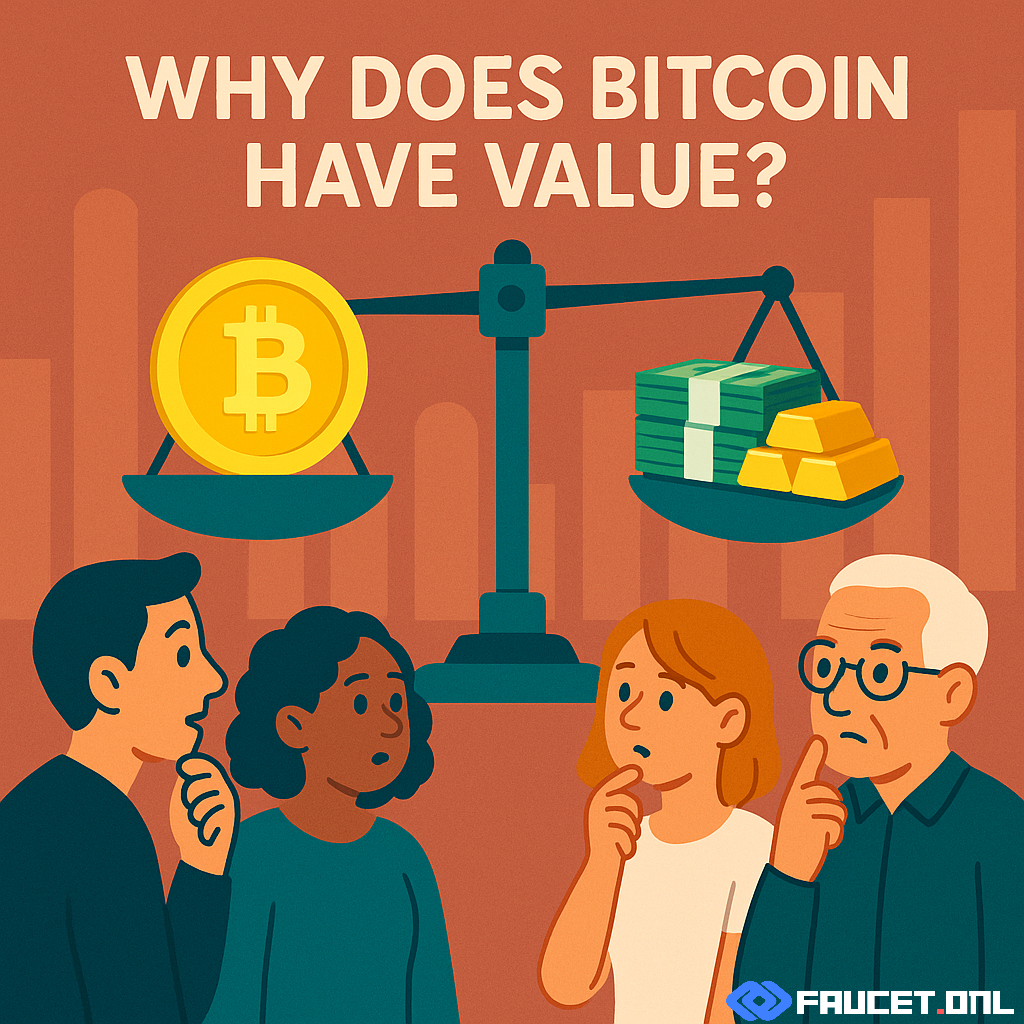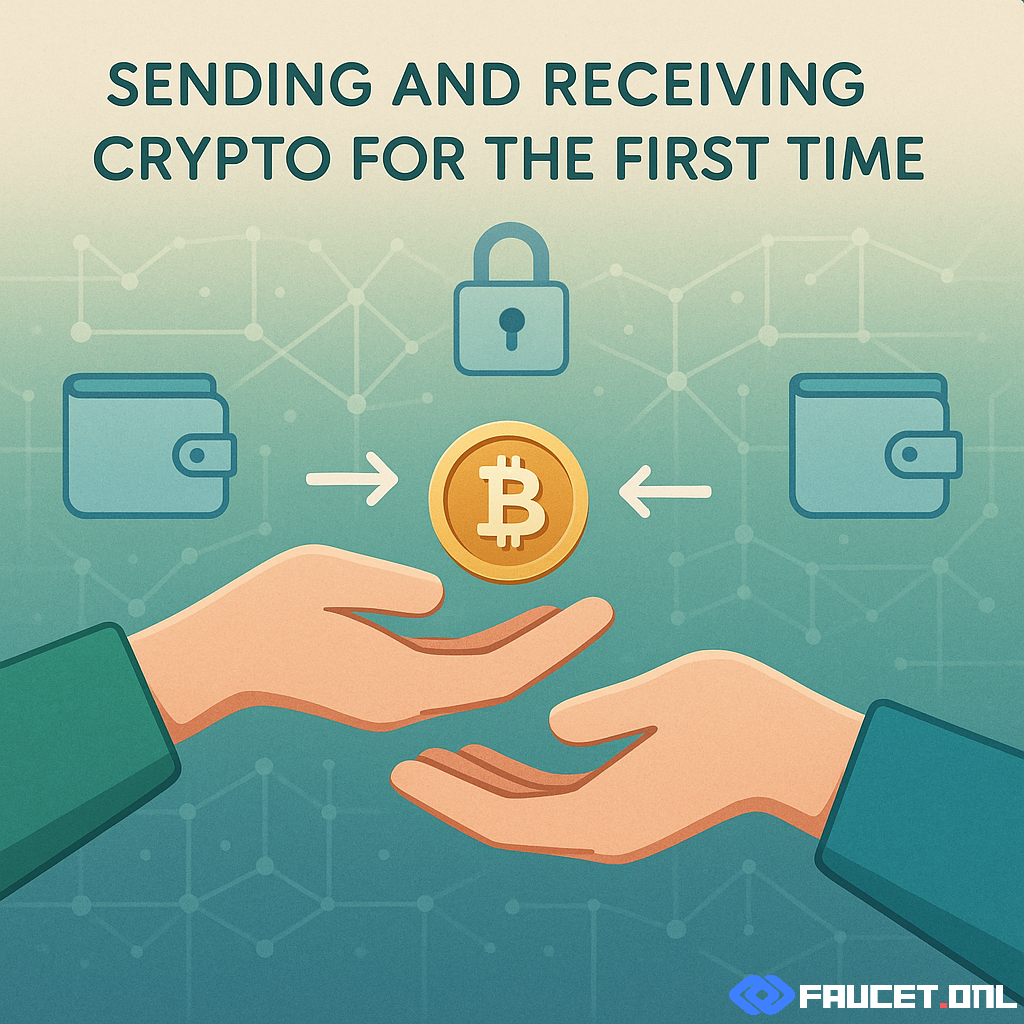What Gives Value? (The Basics of Worth)
To understand Bitcoin’s value, let’s start with a simple question: why does anything have value? Whether it’s a gold coin, a dollar bill, or even a rare baseball card, value comes from a mix of scarcity, utility, and belief. If enough people agree something is valuable—and it’s hard to get—then it usually is. Money itself only works because people trust and use it.
For thousands of years, people traded shells, gold, or paper bills not because they were magical, but because communities agreed they had value and could be exchanged for goods.
Bitcoin’s Edge: Why It’s Different
Bitcoin is digital, but it has some powerful features:
- Scarcity: Only 21 million bitcoins will ever exist. No one can “print” more—making it more like gold than dollars.
- Divisibility: Bitcoin can be split into tiny parts (down to one hundred millionth), making it practical for small or large transactions.
- Portability: You can send Bitcoin anywhere in the world, instantly—no heavy bars or stacks of bills required.
- Security: The Bitcoin network is backed by robust cryptography and thousands of computers globally.
- Decentralization: No single government or company controls Bitcoin—its rules and supply are open to all.
People value Bitcoin because it’s both scarce and useful, especially for sending or storing money outside the traditional banking system.
Comparing to Fiat: Bitcoin vs. Regular Money
“Fiat” means government-issued money—like dollars, euros, or yen. Unlike Bitcoin, there’s no strict limit to how much fiat can be created; central banks can print more at any time. This can lead to inflation, where your money slowly loses purchasing power.
Bitcoin is different:
- Fixed Supply: No inflation from endless printing.
- Open Network: Anyone can use or verify Bitcoin’s transactions, unlike closed banking systems.
- Global: Bitcoin works the same in any country—no need to swap currencies at the airport.
Of course, fiat money is accepted everywhere and is more stable day-to-day, while Bitcoin’s price can swing up or down quickly. But for many, the advantages outweigh the risks.
FAQs: Your Bitcoin Value Questions Answered
Can’t Bitcoin just be copied or hacked?
No—Bitcoin uses blockchain, a public ledger that’s nearly impossible to fake or alter thanks to its decentralized nature and strong security.
Who decides the price of Bitcoin?
Buyers and sellers on open markets set the price, based on supply, demand, and what they’re willing to pay—just like gold or stocks.
What if nobody believes in Bitcoin anymore?
Like any asset, if people lost trust, the value could drop. But Bitcoin’s global user base, limited supply, and proven tech give it strong staying power.
Isn’t Bitcoin just a bubble?
Prices can rise and fall quickly, and bubbles can happen in any market. But Bitcoin’s unique properties and growing adoption suggest it’s more than just a passing fad.
Key Takeaways: Why Bitcoin Has Value
- Value comes from scarcity, utility, and trust—Bitcoin offers all three in a digital package.
- Its limited supply and decentralized design set it apart from regular money.
- People use Bitcoin as a store of value, a way to transfer money, and a hedge against inflation.
- Bitcoin’s value isn’t magic—it’s rooted in real economic principles and human belief.
Final Thought:
As long as people believe in Bitcoin’s power to store and move value, it will keep having worth—just like gold, art, or even the cash in your wallet.



